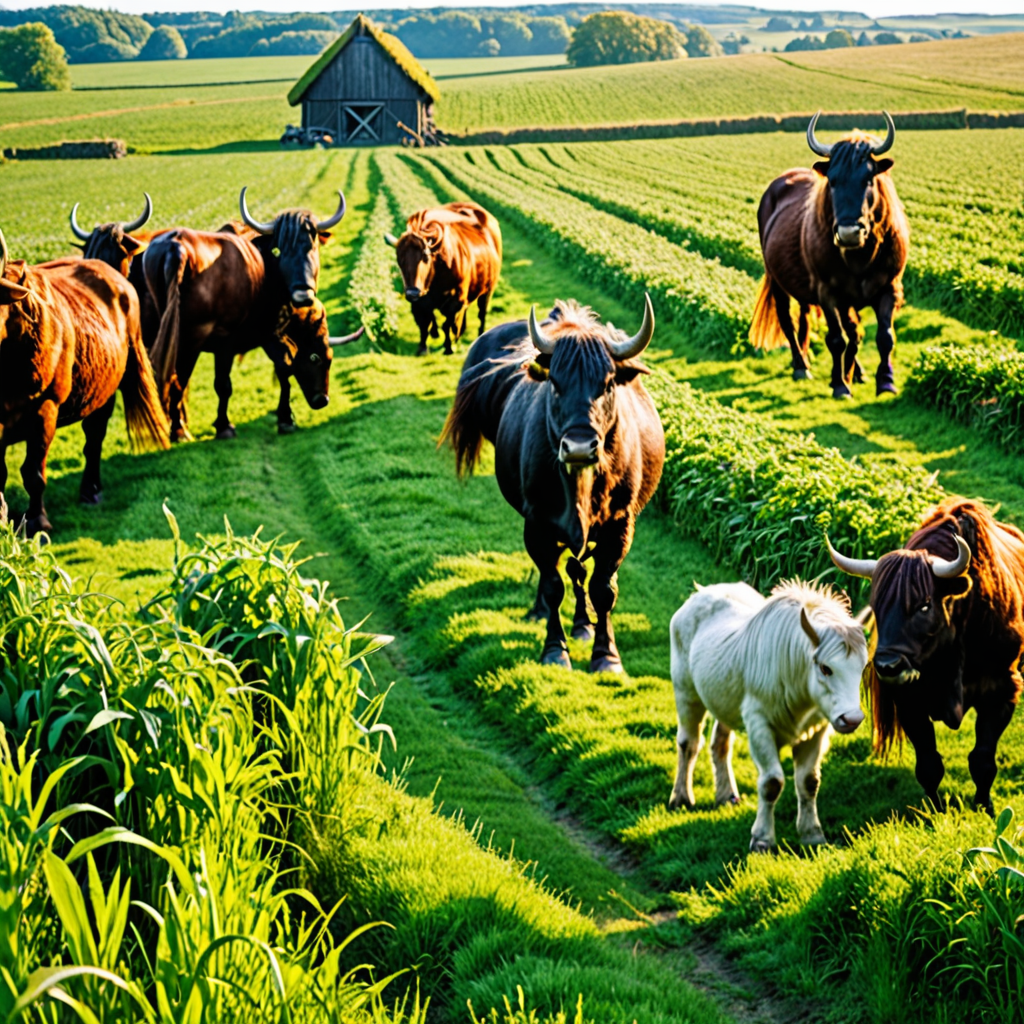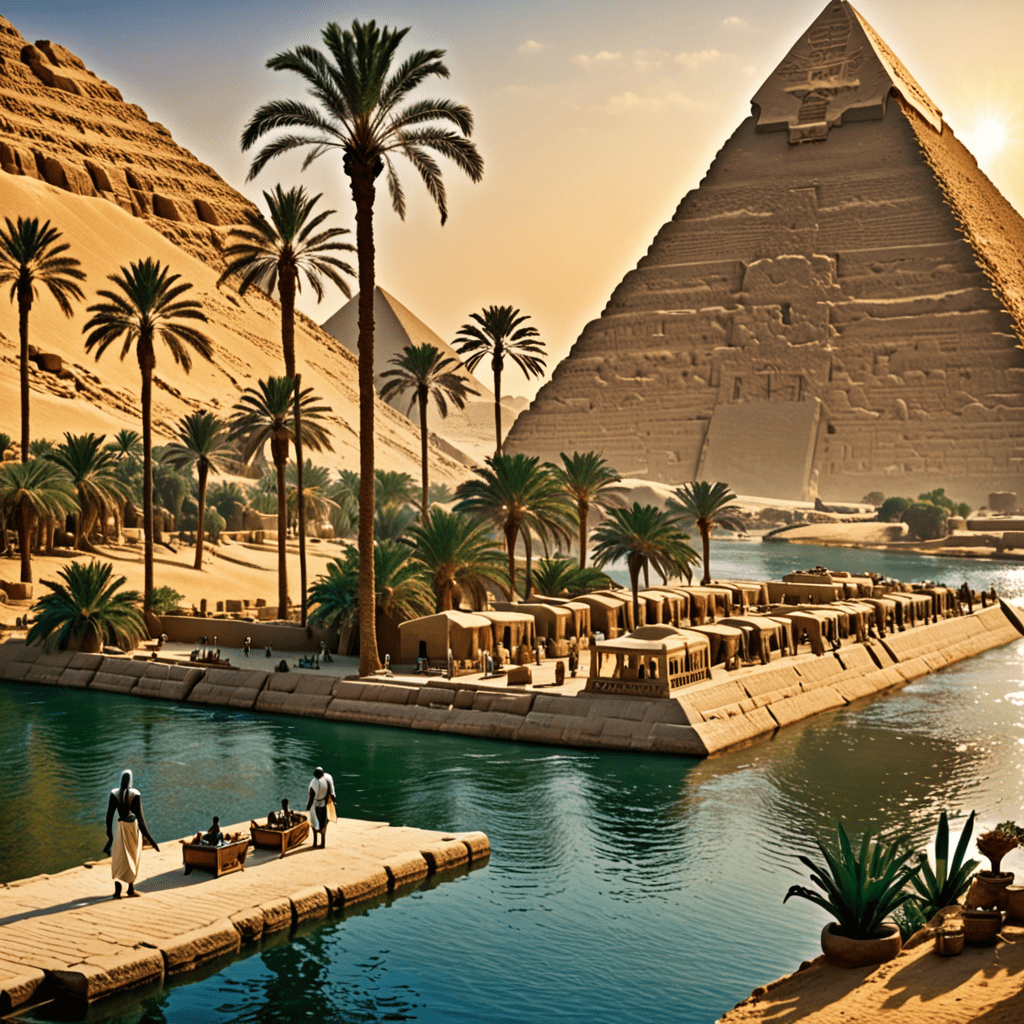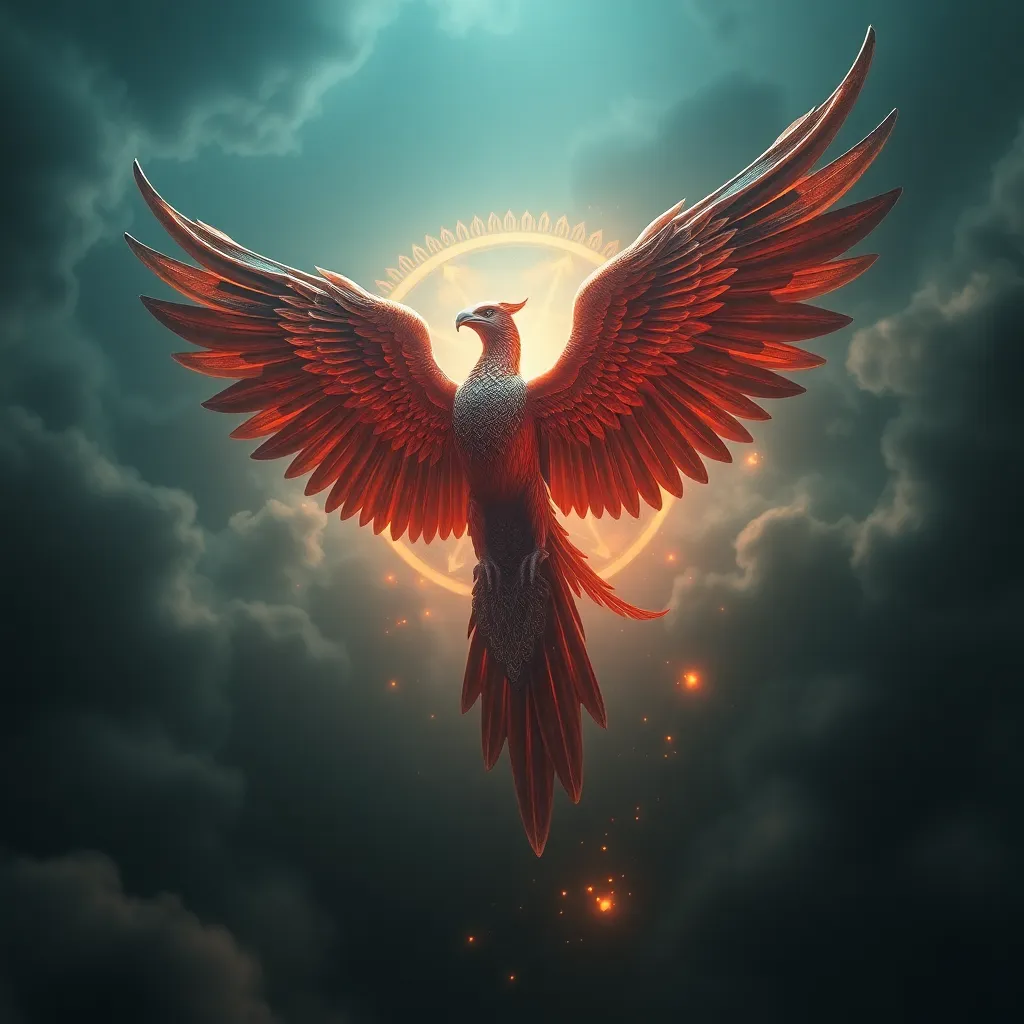The Influence of Norse Mythology on Norse Agriculture and Farming
Exploring the rich tapestry of Norse mythology reveals intriguing connections to the practices of agriculture and farming in ancient Norse societies. Let’s delve into how the myths and beliefs of the Norse people influenced their approach to cultivating the land and tending to livestock.
1. Norse Deities and Agriculture
In Norse mythology, several deities were associated with agriculture and fertility. Freyr, the god of peace and fertility, was particularly important in ensuring bountiful harvests. Farmers often invoked Freyr’s blessings for fertile fields and abundant crops. Additionally, Thor, the god of thunder, was revered for his role in fertility and protection, essential for successful farming.
2. Seasonal Cycles and Rituals
Norse mythology encapsulated the cyclical nature of life, death, and rebirth, which resonated with the agricultural calendar. Festivals such as Yule celebrated the winter solstice, marking the gradual return of light and the promise of a new growing season. These festivities were intertwined with farming practices, emphasizing the importance of honoring the land and natural cycles.
3. Land Spirits and Animism
Norse mythology also attributed spirits to natural elements, including land spirits known as landvættir. These spirits were believed to inhabit specific landscapes and could influence the fertility and well-being of the land. Farmers paid homage to these spirits through offerings and rituals to ensure their fields flourished and their livestock thrived.
4. Magical Practices and Runes
The Norse believed in the power of magic to enhance agricultural endeavors. They utilized runic inscriptions for protection, fertility, and prosperity on tools, buildings, and even livestock. Seers and practitioners of galdr, a form of incantation, were consulted for advice on weather patterns, crop success, and overall farming prosperity.
In conclusion, Norse mythology deeply influenced the agricultural practices and spiritual beliefs of the Norse people. The reverence for deities associated with fertility, the integration of seasonal rituals, the animistic view of the land, and the use of magic and runes all played vital roles in shaping Norse agriculture and farming traditions.
FAQ: The Influence of Norse Mythology on Norse Agriculture and Farming
What role did Norse mythology play in Norse agriculture?
Norse mythology played a significant role in shaping agricultural practices in ancient Norse societies. Deities like Freyr, the god of fertility, were revered for their association with agricultural abundance and prosperity.
How did Norse mythology influence farming rituals?
Farmers often performed rituals to honor Norse deities like Freyr and Thor, seeking their blessings for fertile fields and bountiful harvests. These rituals involved offerings and ceremonies to ensure agricultural success.
Did Norse mythology impact seasonal farming practices?
Yes, Norse mythology influenced seasonal farming practices, with specific rituals and festivals dedicated to different phases of the agricultural cycle. These practices were deeply intertwined with beliefs in the divine forces of nature.
Were there specific Norse myths related to agriculture?
Norse myths like the story of the creation of the world from the body of the giant Ymir and the agricultural symbolism in the myth of the death and rebirth of Baldr were closely linked to agricultural concepts and cycles.
How did Norse farmers incorporate mythological beliefs into their daily lives?
Norse farmers integrated mythological beliefs into their daily lives through prayers, offerings, and rituals that sought divine assistance for successful crop cultivation, livestock breeding, and overall agricultural prosperity.



